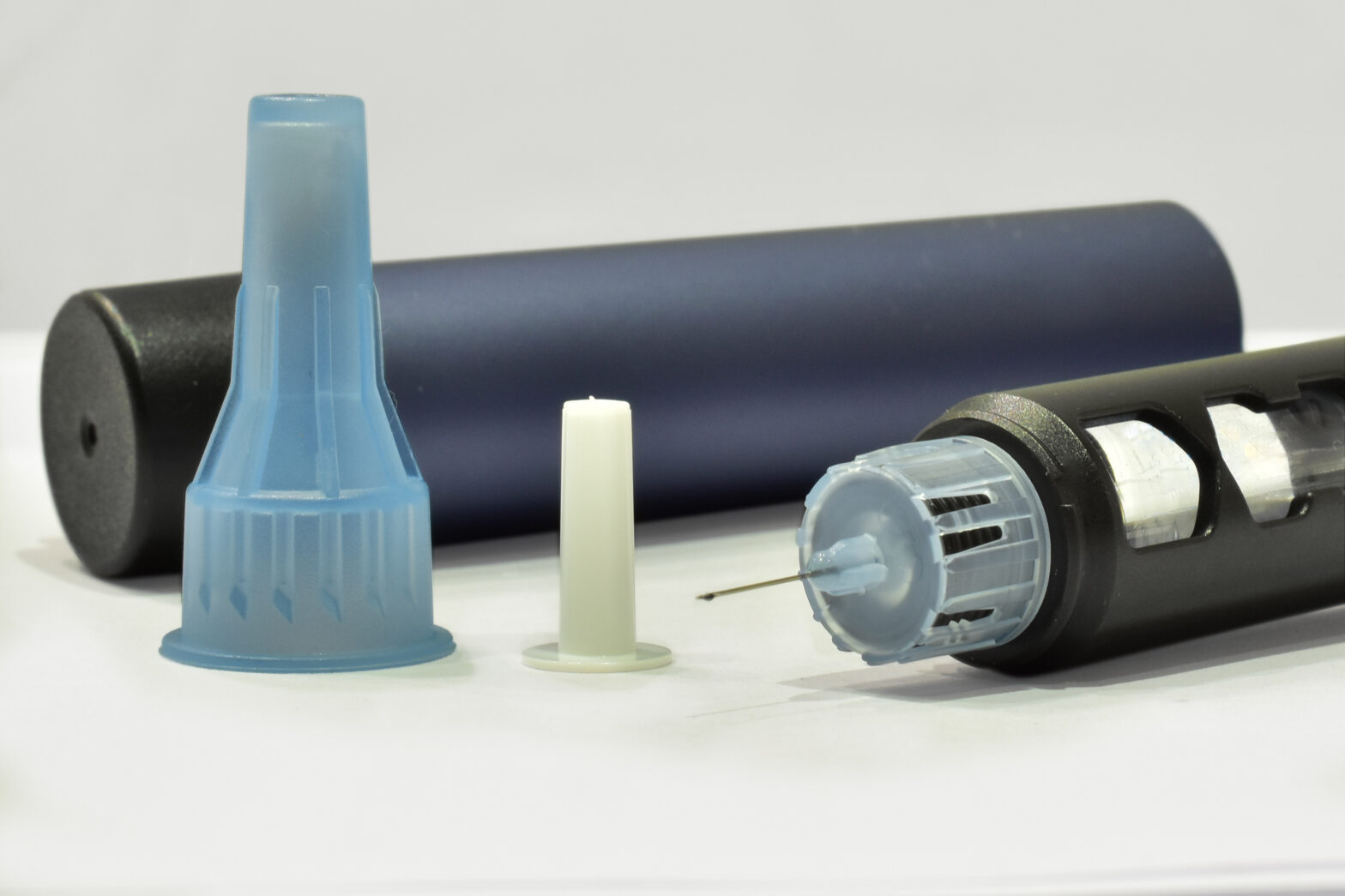To what extent do you understand the connection between insulin and type 2 diabetes? You can comprehensively appreciate your health by understanding how your body uses insulin and how it impacts your condition.
Read on to learn about the functions of insulin in your body and how type 2 diabetes is managed with insulin therapy.
You need insulin for good health.
Your pancreas produces the hormone insulin. It aids the body’s utilization and storage of dietary sugar.
When you have type 2 diabetes, your body does not react to insulin as it should. Due to the pancreas’ inability to adequately compensate, insulin output is noticeably reduced. This causes your blood sugar levels to rise too high.
When this happens, your nerves, blood vessels, eyes, and other tissues may become damaged due to high blood sugar.
Your blood sugar is lowered through insulin therapy.
Controlling your blood sugar levels is essential for maintaining your health and lowering your risk of long-term consequences if you have type 2 diabetes.
Your physician might suggest one or more of the following to help reduce your blood sugar:
- Changes in lifestyle
- Oral drugs
- Injectable medications
- insulin therapy
- Weight loss surgery
Many individuals with type 2 diabetes can manage their blood sugar and lower their risk of complications with insulin therapy.
There are various types of insulin.
There are several insulin varieties which can be divided roughly into two groups:
- Fast/short-acting insulin, which is used during meal times.
- Slow-acting, long-lasting insulin that is mainly used in-between meals and at night
Each of these two groups contains a wide variety of types and brands.
There are also premixed insulins that contain both types of insulin. Only some people need both types; thus, an insulin prescription should be tailored to the patient’s requirements.
Inhaled insulin is available.
One brand of insulin is available now that can be inhaled. It is an insulin product that acts rapidly. However, not all people with type 2 diabetes should use it.
Ask your doctor about the advantages and disadvantages of using an inhalable drug if you might benefit from rapid-acting insulin.
Anyone using inhalable insulin must ensure to observe their lung function frequently.
All the other forms of insulin are injected.
All insulin kinds are administered via injection, except for the inhalable form.
What does that mean?
All Insulin, both with short and long lives, must be injected. It cannot be given as a pill because your digestive enzymes might break it down before your body utilizes it.
You should Inject insulin into the fat under your skin, specifically in your upper arms, thighs, buttocks, and belly fat.
There is Adequate access to a variety of delivery methods
You can administer insulin using any of the following delivery systems:
- Syringe. You can administer an insulin dose to yourself by drawing it from a bottle using this empty tube and needle combination.
- Insulin syringe. This injection device has an insulin cartridge or premeasured amount of insulin within. It is possible to increase each person’s dose.
- Diabetes pump. This automated device continuously administers little, frequent insulin doses to your body through a catheter inserted under your skin.
Diabetes patients can discuss the advantages and disadvantages of various medicine delivery techniques with their doctor.
Your need for insulin is impacted by your lifestyle and weight.
Healthy lifestyle choices may postpone or eliminate your requirement for insulin medication. If you’ve already begun insulin therapy, changing your lifestyle may help you use less insulin overall.
For instance, you may try the following:
- To reduce your weight
- Change your diet
- Get more active by exercising frequently.
The process of creating an insulin routine might be complicated.
Identifying the types and doses of insulin most effective for you may require trial and error if you have been put on insulin therapy.
You and your doctor can understand how your body responds to your current insulin regimen using blood sugar tests. Your doctor might alter the specified course of treatment if necessary.
Some insulin and delivery options are more affordable than others
Some insulin brands and delivery system varieties are more affordable than others. Syringes, for instance, typically cost less than insulin pumps.
Get in touch with your physician to find out what kinds of insulin and delivery devices are covered if you have health insurance.
Also, remember to ask your doctor if there are any cheap solutions if your current insulin regimen is too pricey.
Insulin may have negative effects.
You could experience the following adverse effects from insulin in some situations:
- Weight gain
- Low blood sugar
- Discomfort at the injection site
- Injection site infection
- An allergic reaction at the injection site might occur.
Hypoglycemia, often known as low blood sugar, is one of insulin’s most dangerous possible adverse effects. Your doctor should review what to do if you encounter low blood sugar as soon as you start taking insulin.
It is crucial to Inform your doctor if you encounter any side effects after using insulin.
The bottom line
Depending on your health history and lifestyle choices, you might need to take insulin as part of your type 2 diabetes treatment plan. If your doctor prescribes insulin, you can discuss its advantages, disadvantages, and other worries you might have.
Also read, Ginseng and Blood Sugar: An Adaptogenic Win






